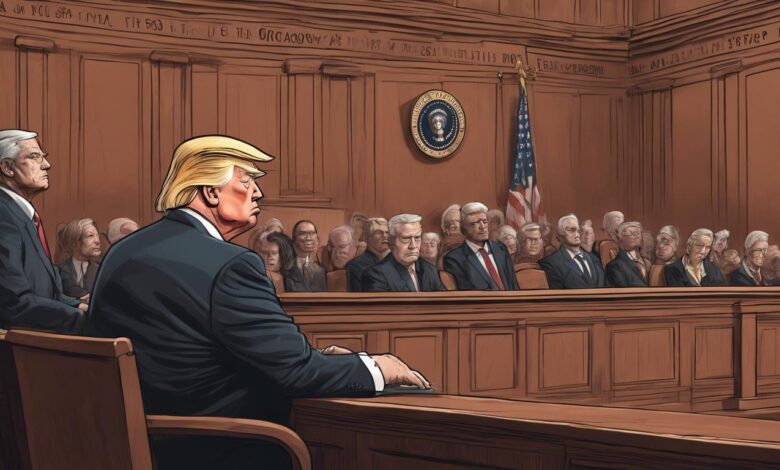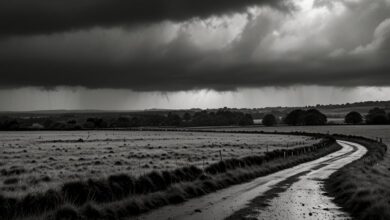Jury selection begins in New York for Donald Trump’s trial

Former U.S. President Donald Trump faces a historic criminal trial in New York over allegations of falsifying business records for hush money payments, with jury selection marking the beginning of a closely watched legal battle.
Jury selection commenced in New York for the criminal trial of former U.S. President Donald Trump, marking the first such proceeding against a current or former president. The trial, which started in April 2024, focuses on allegations that Trump falsified business records to conceal hush money payments made during the 2016 election campaign. The case drew significant attention because of its unprecedented nature and Trump’s impact on the political landscape.
On the first day of the trial, Trump’s demeanor was reported as disinterested and he even appeared to fall asleep, an allegation his campaign later denied, calling it “100% fake news.” The accusation led to widespread discussion and humor on social media, with Trump being nicknamed ‘Sleepy Don’. Despite such distractions, the trial continued with the prosecution requesting fines and removal of Trump’s posts on Truth Social for violating a gag order, by attempting to influence witnesses.
The charges against Trump involve a hush money scheme intended to silence allegations of his alleged affairs, particularly involving former Playboy model Stormy Daniels. The case also referenced the Access Hollywood tape and a “catch and kill” tactic aimed at protecting Trump’s candidacy. If convicted, Trump could face up to four years in state prison.
The jury selection process was challenging, with many potential jurors expressing doubts about their impartiality. Trump’s legal team sought a potentially sympathetic juror to avoid a unanimous verdict. Despite Trump’s multiple legal maneuvers to dismiss or delay the trial, he is mandated to attend the proceedings daily, which are expected to span the next two months.
The trial continues amidst rigorous scrutiny and widespread public and media attention, highlighting its significance in U.S. legal and political history.








